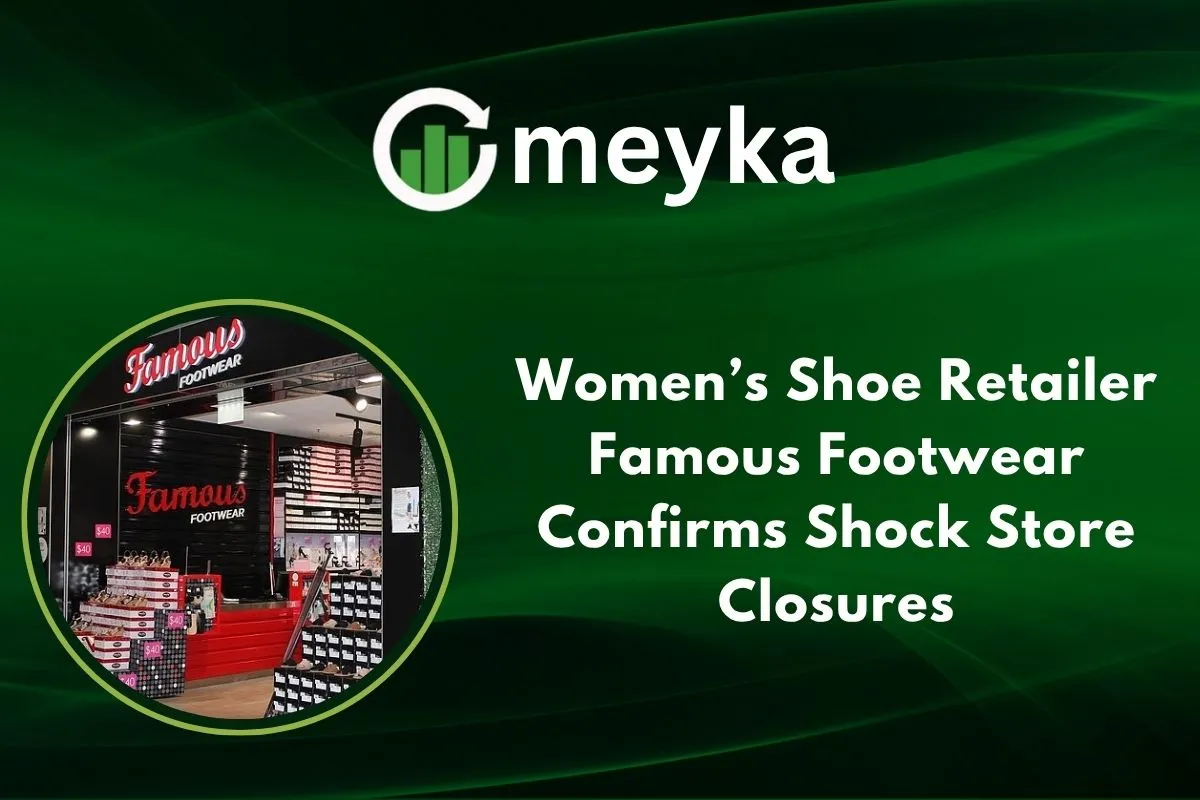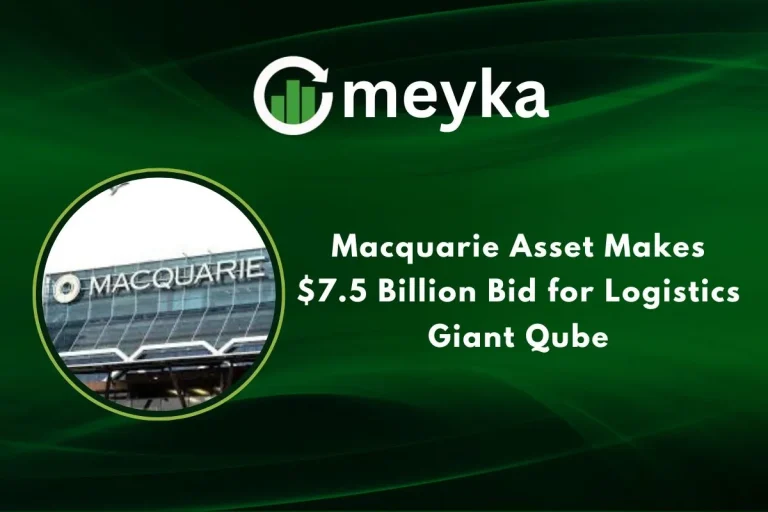Women’s Shoe Retailer Famous Footwear Confirms Shock Store Closures
We have just learned some startling news in the world of footwear. Famous Footwear, once a go-to women’s shoes retailer, has confirmed it will permanently shut down all of its brick-and-mortar stores. On top of that, the company says its online store will close at the end of 2025. This is a big deal for shoppers who counted on Famous Footwear for affordable styles and reliable service. It also shows how tough things have become for physical stores in the shoes retail sector.
We’ll study how Famous Footwear rose, what triggered this closure decision, how workers and customers are affected, how the company plans to pivot, what trends in the shoes retail industry this reflects, and what the future might look like for this brand.
Background: The Rise of Famous Footwear
Famous Footwear has built a notable name in the U.S. (and other markets) by offering branded shoes at value prices. It is a division under Caleres Inc., which houses multiple footwear brands. Over time, Famous Footwear expanded across malls, shopping centers, and high streets, targeting budget-conscious women who wanted style and comfort.
At its peak, the chain had hundreds of stores. It became known for bridging the gap between fashion brands and affordable footwear. For many customers, especially in smaller cities, Famous Footwear was a reliable local option.
The Closure Announcement
In recent months, the company publicly announced that it will close all physical stores and stop online operations by December 31, 2025.
While this decision is global for the brand’s operations in certain markets (notably Australia in recent reports), there are signs that Famous Footwear in the U.S. is also facing deep struggles.
In the announcement, the brand expressed gratitude to its customer base and acknowledged that the retail landscape has shifted.
Consumers, especially longtime shoppers, reacted with surprise and sadness. Many expressed worry about where they will buy their shoes going forward.
Reasons Behind the Closures
Multiple forces contributed to this dramatic step. We can list the main ones:
Declining in-store traffic & shift to e-commerce
People are more comfortable shopping online now. Mall footfall has dropped. Even Caleres’s reports show Famous Footwear’s comparable sales fell by 4.6% in Q1 2025 compared to a year earlier.
Rising costs
Operating costs, rent, utilities, and labor have escalated. Brands also face higher tariffs and supply chain challenges. Caleres mentioned tariff impacts and cost pressures in its earnings commentary.
Inventory strain & margin pressure
While sales dropped, inventory rose about 8.1% year over year in Q1 2025 for Caleres. This mismatch means more markdowns, which hurt profits.
Competitive pressure from digital brands
Online-first shoe brands and fast fashion labels are nimbler, making changes faster and often undercutting traditional retailers on price or trend. Many shoppers now expect fast delivery, virtual try-ons, and seamless returns, areas where traditional stores lag.
Underperformance in the core segment
The Famous Footwear division has been under strain. In Q1 2025, net sales fell 6.3% for this segment, and gross margin also shrank.
Because Famous Footwear has historically been a major revenue driver for Caleres, its weakening performance weighs heavily on the company’s overall health.
Impact on Employees and Customers
This closure decision will ripple through many lives. Employees in the stores will face layoffs or transfers, depending on the region and roles. The company has not fully disclosed detailed severance or relocation packages in many markets.
Customers worry about returns, warranties, and service after closure. In some places, local malls will lose anchor tenants, which affects foot traffic for surrounding shops. Worse, communities, especially in smaller towns, may lose convenient access to a shoe store they relied on.
In the U.S., there are signs that some Famous Footwear outlets are already slated to shut. For example, a store in the Brass Mill Center in Waterbury, Connecticut, is among those expected to close soon.
Transition Toward Online and Omnichannel Retail
Although the stores are closing, the brand is not leaving customers without options. Famous Footwear said it will keep its online store open until December 31, 2025. The company may focus more strongly on direct-to-consumer digital sales in other markets where it still operates. Caleres, as a whole, has already shifted a large portion of its sales toward the online channel; 70% of net sales in Q1 came from direct (digital + store) channels.
They also recently brought in Brian Costello as Chief Merchandising Officer to oversee buying decisions for Famous Footwear’s women’s, men’s, and kids’ lines across U.S. stores and e-commerce.
Some Famous Footwear “FLAIR” concept stores, smaller, experience-focused formats, were showing better performance and may guide how future retail is handled (in limited form).
Overall, the aim seems to be: scale down physical presence, but build stronger digital tools, loyalty programs, and more personalized shopping experiences.
Industry-Wide Trend: Shoe Retail Shake-Up
Famous Footwear’s troubles reflect a broader shift in the shoes retail industry. Other footwear and fashion chains have also cut back heavily or shuttered stores. Mall foot traffic is down, rising for online marketplaces and “direct-to-consumer” brands. The overall retail sector in the U.S. is experiencing many closures: in 2025, nearly 2,700 stores across sectors will shut.
Foot Locker, Payless, and other shoe chains have all had to rethink their footprints. In one major development, Dick’s Sporting Goods acquired Foot Locker in 2025, indicating consolidation in the athletic footwear space.
Retail experts say the future of shoe shopping favors agility, digital presence, and lean physical formats. Stores now need to serve as experience centers, not just sales points.
What’s Next for Famous Footwear
Going forward, the brand’s survival will depend on smart digital tools, a strong loyalty network, and careful cost control. Caleres expects fiscal 2025 consolidated net sales to be down 1% to 1% compared to fiscal 2024. They are also investing in their higher-margin Brand Portfolio (brands beyond Famous Footwear) to support stability.
It’s possible that in some regions, Famous Footwear may retain presence in limited, modern formats (e.g., pop-ups or smaller experiential stores). The lessons from FLAIR stores might guide those moves.
Management will also need to keep a close eye on inventory, debt levels, and consumer trends. Innovation in virtual try-on, augmented reality, and sustainability could help win hearts. In the end, the brand must adapt, or risk fading.
Conclusion
The closure of Famous Footwear stores is more than just a local news item. It signals a turning point in how we buy shoes. The age of purely physical footwear retail is waning. What matters now is digital strength, lean operations, and customer connection.
Many longtime shoppers will feel the loss of their neighborhood store. But the brand’s legacy gives it a chance to reinvent itself online. For those in the shoe retail business, the lesson is clear: adapt fast or fall behind.
FAQS:
Famous Footwear is closing because fewer people shop in stores. Costs like rent and labor went up, and more shoppers now buy shoes online instead.
Famous Footwear sells many brands like Nike, Adidas, Converse, Skechers, and Vans. They offer a mix of casual, sports, and dress shoes for all ages.
You can return shoes only if they are unworn and in good condition. Worn shoes usually cannot be returned unless they have a defect or damage.
Disclaimer:
This content is for informational purposes only and is not financial advice. Always conduct your research.






